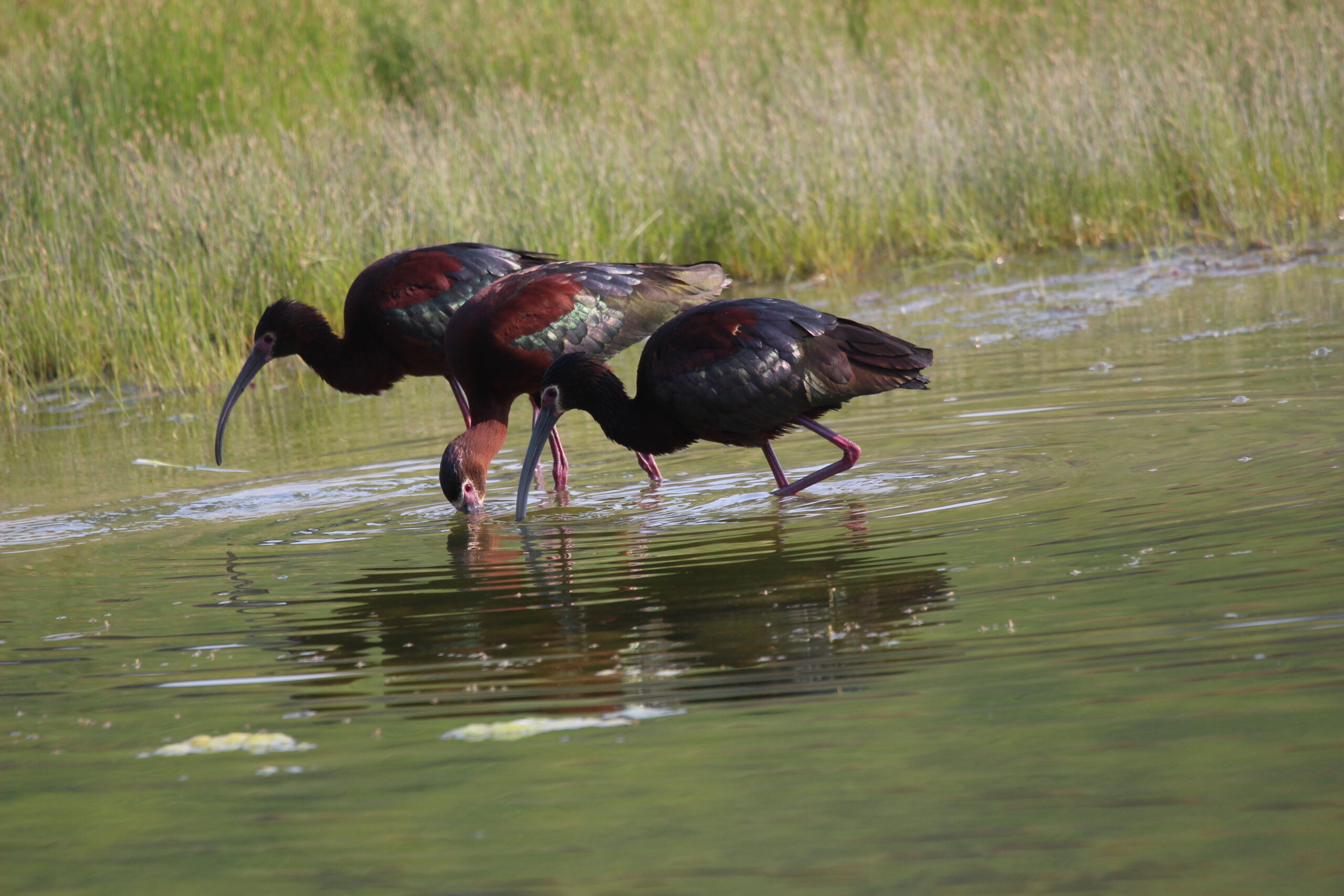Other than the history nerds in the audience, few people remember the Franco-Prussian war of 1870. For that matter, few people remember the short-lived Kingdom of Prussia, a scrappy up-and-coming young nation that decided to go to war with France to further the duplicitous machinations of politicians and other scoundrels.
Surprisingly, the Prussians soundly trounced the much larger forces of Napoleon III. Since the Prussians had also soundly trounced Austria in another brief war just a few months earlier, this second victory against a larger foe solidified Prussia’s reputation as a force to be reckoned with.
This all happened before the country we now know as Germany was in existence, and one of the goals of the Prussian Chancellor was to unify the different Germanic kingdoms into a single German Empire. The war with France provided just that opportunity, with the southern Germanic kingdoms of Bavaria and Württemberg allying themselves with Prussia against the French.
After the war, Prussia repaid the southern kingdoms for their assistance in an entirely devious manner, helping their war allies by economically disadvantaging the French.
Otto von Bismarck, the Iron Chancellor of Prussia, had the lush and verdant vineyards of the Alsace region of France ripped out, depriving the world of what were the best growths of Riesling and Gewürztraminer grapevines.
This was at a time when travel by rail had just become feasible, so it was now possible for wine to be transported all over Europe, instead of a just a short voyage by water or buggy.
Since the French wines of Alsace were the greatest competitors to the vineyards of the Germanic kingdoms, the unwarranted decimation of the Alsatian vineyards boosted the fortunes for German wines.
The province of Alsace reverted to France in WWI, then back to Germany during WWII, then quickly back to France at the end of the second world war, where it has remained since.
The famed vineyards of Alsace have reclaimed the heights of their former glory, and are once again considered the best growths of Riesling in the world.
Alsace is located at the 48th parallel, just one degree south of Canada’s own Okanagan Valley, and can grow similar grapes.
Alsace is located between the Vosges Mountains, and the Rhine River, which helps to shield the region from inclement weather, giving the region cold dry winters and hot summers, which happen to be the perfect climate for dry white wines like Riesling.
Despite Riesling being a varietal of German origin, grapes grown in Alsace tend to produce a much drier wine than identical grapes grown on the German side of the Rhine River, thanks to the unique terroir of Alsace.
Most of the Alsatian vineyards are located on the lower slopes of the Vosges Mountains, where the constant drainage forces the roots deep into the soil, making the vines work hard to produce robust grape clusters.
Unlike the sweeter Riesling wines from Germany, Alsace produces almost entirely dry white wines, which means there is less than 4 grams of residual sugar for each litre of wine, indicating that the yeast consumed nearly all the available sugar during fermentation.
Fortunately, Canadian palates are most attuned to dry whites, so the Rieslings of Alsace greatly outsell their German counterparts here in Canada.
Back in the age of disco, the Riesling grape even helped Canada’s nascent wine industry onto the world stage, which started as a series of unfortunate events.
Walter Hainle, the proprietor of Hainle Vineyards Estate Winery, fell victim to an early frost in the Okanagan Valley back in 1972, ruining his grape crop.
German by birth, Walter remembered making eiswein back in the old country, and decided to harvest the frozen grapes anyhow. Ice wine was unknown in Canada back in the disco-dancing days of the 1970’s, so Walter’s plans for the grapes were to consume them himself, as there was no market for such a product at the time.
Luckily, he turned the disaster into Canada’s first ice wine, and our fair land is now known worldwide as a premier producer of ice wine, which commands exorbitantly high prices in the export market.
So, while the French Rieslings of Alsace are still the gold standard that all others are judged by, we also grow plenty of great Riesling right here in Canada. Taste test both of them on your next night out to see which you prefer!




